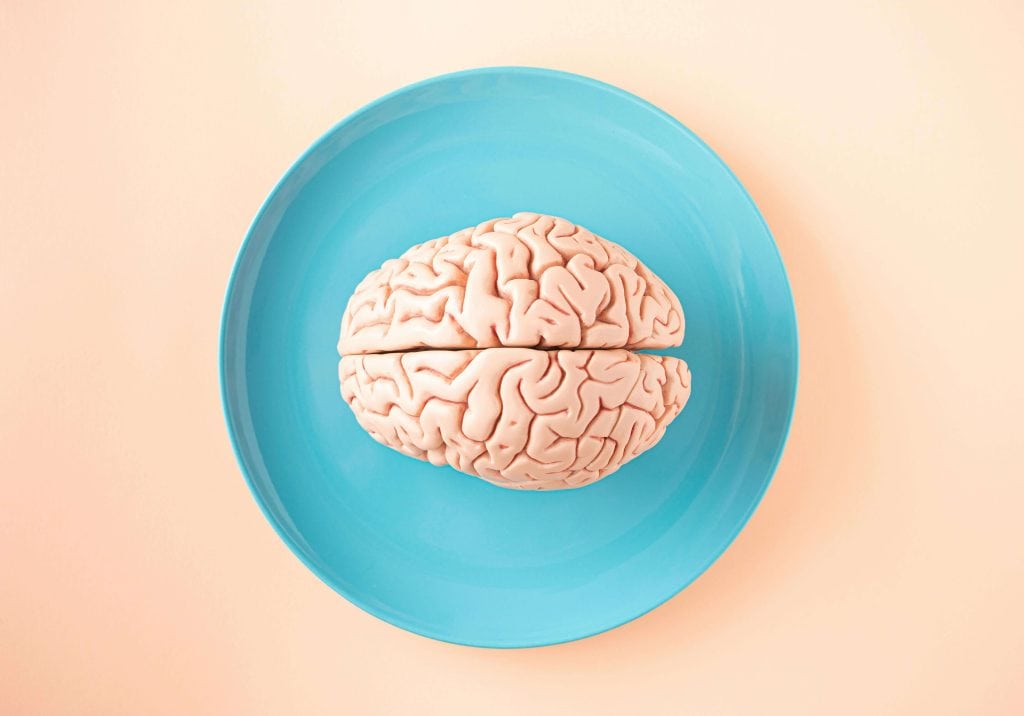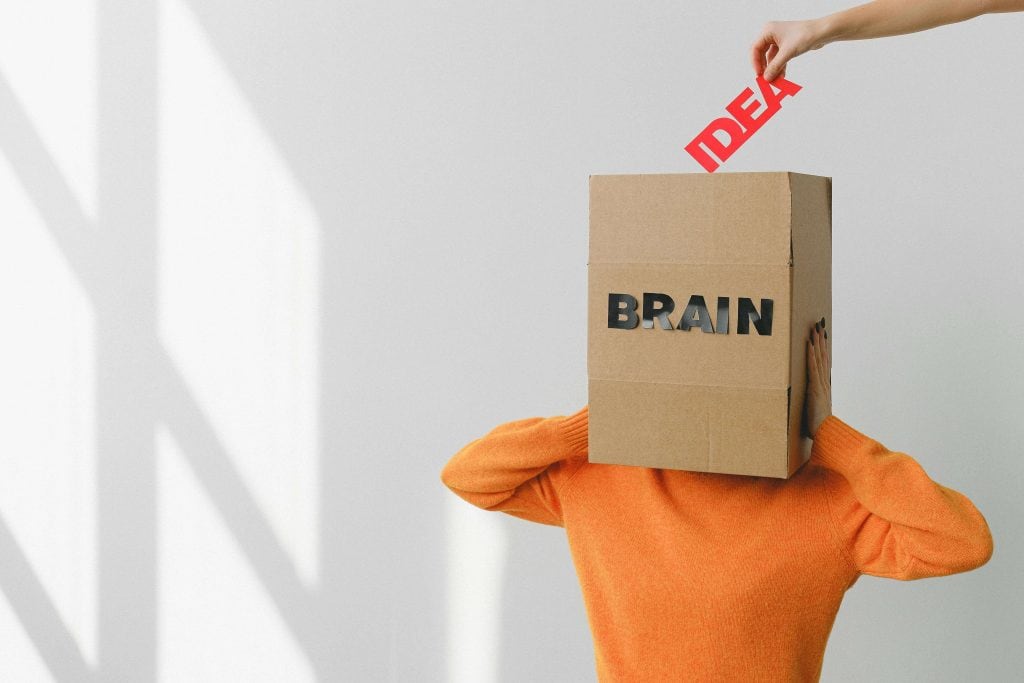Bad Memory ADHD: Does ADHD Cause Working Memory Problems for Kids?
If your child has ADHD, you’ve probably noticed how frustrating memory challenges can be. One moment, they’re confidently reciting their spelling words, and the next, they can’t remember where they put their shoes—again. You think your kid has a case of the “Bad Memory ADHD”. Whether it’s forgetting homework, losing track of conversations, or struggling to follow multi-step directions, memory problems can feel like a constant uphill battle.
So, does ADHD cause bad memory? The short answer is yes—ADHD affects working memory, the brain’s ability to hold and use information in real time. This can make it harder for kids to organize their thoughts, complete tasks, and recall details when they need them most. But here’s the good news: memory struggles don’t have to hold your child back.
As a school psychologist, I’ve worked with many kids (and parents) navigating ADHD and its impact on executive functioning. In this post, we’ll break down the connection between ADHD and memory, explore why these struggles happen, and—most importantly—talk about strategies that can help your child manage their memory challenges with confidence.

Let’s get into it.
What is ADHD?
Attention-Deficit Hyperactivity Disorder, commonly known as ADHD, is a neurodevelopmental disorder that affects children and can continue into adulthood. ADHD is characterized by a pattern of inattention, hyperactivity, and impulsivity that interferes with functioning or development.
Symptoms of ADHD
The symptoms of ADHD can vary from person to person but generally fall into two main categories: inattention and hyperactivity/impulsivity. Children with inattention may have trouble staying focused, following instructions, and organizing tasks. They might frequently lose things, make careless mistakes, and seem forgetful in daily activities. On the other hand, hyperactivity and impulsivity symptoms include excessive fidgeting, talking non-stop, difficulty waiting for their turn, and acting without thinking about the consequences.
Types of ADHD
According to the American Psychiatric Association and the DSM-5, an ADHD diagnosis can be categorized into three different types:
- Inattentive Type: Children with this type primarily struggle with staying focused and paying attention. They may be easily distracted, miss details, and have difficulty completing tasks. Often, they are described as daydreamers.
- Hyperactive/Impulsive Type: This type is marked by symptoms of hyperactivity and impulsivity without significant inattention. Children may be constantly moving, interrupting others, and unable to stay seated. They often act without thinking, which can lead to impulsive decisions.
- Combined Type: As the name suggests, children with the combined type of ADHD exhibit both inattentive and hyperactive/impulsive symptoms. This is the most common type of ADHD.
Understanding Different Kinds of Memory
Memory is a fascinating and complex function of the brain, essential for learning and daily functioning. When we talk about memory, it’s important to understand the different types of memory, how they work, and how they might be affected in children with ADHD.
Short-Term Memory
Short term memory, also known as working memory, is where new information is held temporarily. It’s like a mental sticky note for things we need to remember right now like a phone number or a grocery list. This type of memory is important for following instructions and completing tasks that require active thinking and focus. In kids with ADHD, short-term memory can be particularly challenging which can make it hard for them to keep track of details and stay on task.
Long-Term Memory
Long-term memory is where information is stored for extended periods, from days to decades. This includes all the facts, experiences, and skills we accumulate over the course of our lives. Think of long-term memory like a big library of knowledge that we can access whenever needed. For kids with ADHD, turning short-term memories into long-term memories can be tricky, and this can affect their ability to retain and recall information over time.

Memory Capacity
Memory capacity refers to the amount of information our brains can hold. While our brains have an incredible ability to store vast amounts of data, the efficiency of accessing and using this information can vary, especially in children with ADHD. They might have a harder time managing their memory capacity effectively, leading to difficulties in learning and everyday activities.
How ADHD Can Impact Memory
If you haven’t picked up on it yet, poor working memory is a pretty common symptom of Attention Deficit Hyperactivity Disorder (ADHD). This issue, sometimes referred to as part of the “adhd brain”, can have a significant impact on many different aspects of life for school-aged children.
Executive Functioning
Executive functions are the mental processes that allow us to plan, focus attention, remember instructions, and juggle multiple tasks successfully. For kids with ADHD, these functions often don’t operate as smoothly. Poor working memory can make it challenging to organize tasks, manage time, and set goals. For example, a child might start a project but quickly forget what steps are needed to complete it, and ultimately not complete the project or complete it with poor execution or poor work.
ADHD Forgetfulness
Forgetfulness is a hallmark of ADHD and it goes beyond simply misplacing items or missing appointments. It can mean forgetting to turn in homework, not remembering what was just said in a conversation, or losing track of daily routines. This type of forgetfulness is not due to a lack of effort or interest but is a direct result of the way ADHD affects memory and attention. Understanding this can help parents be more patient and supportive as they work with their child to develop better memory strategies.
Academic Performance
Children with ADHD often struggle with working memory, which can directly affect their academic performance. Working memory is essential for many tasks that a kid may use in school like following multi-step instructions, solving math problems, and comprehending reading material. When a child has a hard time retaining and manipulating information in their mind, it can lead to difficulties with completing assignments, participating in class discussions, and staying on top of homework. This can be incredibly frustrating for both the child and their parents. Because this is probably why you’re here reading this blog post, I’ll go into a little more detail about this aspect.
How Poor Memory Can Impact Academic Performance
Poor memory can significantly impact a child’s academic performance, especially for children with ADHD. The first thing we should focus on understanding is the nuances of how memory works under stress and its implications in the classroom.
The Impact of Stress on Memory
Previous studies from the past two decades, including a study published in npj Science of Learning, has highlighted the critical role of stress and the hormones and neurotransmitters released during and after stressful events in modulating human learning and memory processes.
Enhancing and Impairing Memory
According to the study, while stress at the time of learning can enhance memory formation and lead to robust memories, it can also significantly impair memory retrieval. This dual effect means that while a student might remember information better if they were stressed during learning, they may struggle to recall the same information during a stressful situation, like an exam. This can result in underperformance despite thorough preparation.
Shifting Learning Styles
The research further indicates that stress can hamper the updating of memories with new information and induce a shift from flexible, cognitive learning to more rigid, habit-like behavior. This shift can be particularly detrimental in educational contexts, where adapting to new information and applying critical thinking are crucial for success.
To better explain this, let’s imagine a kid who we’ll call Taylor, who is studying for a history test. Under normal circumstances, Taylor uses a flexible, cognitive approach to learning. She reads the textbook, summarizes key points in her notes, and makes connections between historical events and their causes. This method allows her to understand and remember the material deeply.
But if Taylor is experiencing high levels of stress, her brain may shift to a more rigid, habit-like mode of learning. Instead of making connections and understanding the material, Taylor might resort to rote memorization. She focuses on memorizing dates and names without understanding their significance. When the test comes, Taylor may find it difficult to recall and apply the information because her learning was more about repetition than understanding. This is how a rigid approach, induced by stress, can lead to poorer performance and frustration.
Implications for the Classroom

Understanding Stress and Learning
Taking these insights into account, it’s clear that stress management is vital for effective learning and memory retention. Teachers and parents can help by creating a supportive and low-stress learning environment. This can involve providing clear instructions, breaking tasks into manageable steps, and offering positive reinforcement.
Strategies to Mitigate Stress
Here are some whole child-focused strategies that can help mitigate stress and its impact on memory:
- Encourage Regular Breaks: Short, frequent breaks during study sessions can help reduce stress and improve concentration.
- Teach Relaxation Techniques: Techniques such as deep breathing, mindfulness, and progressive muscle relaxation can help children manage stress better.
- Promote a Healthy Lifestyle: Adequate sleep, balanced nutrition, and regular physical activity are essential for reducing stress and improving memory function.
The Role of Teachers and Parents
Teachers and parents play a crucial role in recognizing the signs of stress and implementing strategies to help children manage it. By understanding the relationship between stress, memory, and academic performance, they can better support children with ADHD in their learning journey.

What to Do: Strategies to Improve Working Memory
Having completed hundreds of evaluations and provided recommendations for many parents and children with ADHD, I understand the challenges you face. The good news is that there are many, many strategies that can be put in place to mediate poor working memory! By focusing on building habits and using specific strategies, you can help your child navigate their day more effectively and reduce the impact of stress on their memory.
Mediating Poor Working Memory for Morning Routine
One effective way to tackle poor working memory is by building habits rather than relying solely on memory. I use this one myself, even though I don’t have ADHD. Instead of trying to remember everything that needs to be done in the morning, create a system of habits that run almost on autopilot. By establishing a foundational habit, everything else can fall into place more easily.
James Clear’s book, Atomic Habits, provides excellent guidance on how to build these habits. Let’s apply this strategy to a morning routine, for example. A teenager with ADHD could start by laying out their clothes the night before. This simple habit can serve as the foundation for a smoother morning routine. Once this habit is established, they can add other habits, like packing their backpack and preparing breakfast. Over time, these actions become associative and automatic, reducing the cognitive load on their working memory.
Mediating Poor Working Memory for Stressful Situations
As I’ve mentioned before in this post, stress can significantly impair memory. But there are several strategies to improve memory function under stress. Here are five ideal strategies for teenagers and when they could be best used:
- Aerobic Exercise: Physical activity increases blood flow to the brain, improving cognitive functions. Encourage your teenager to engage in aerobic exercise, like running or swimming, before a big test or during study breaks to enhance memory retention.
- Mindfulness Exercises: Practices like meditation and mindful breathing can reduce stress and improve focus. Teens can use mindfulness exercises in the classroom before a test or at home while working on homework to stay calm and focused.
- Breathing Techniques: Deep breathing exercises can quickly reduce stress and improve memory retrieval. Teach your teenager to practice deep breathing before stressful tasks, such as presentations or exams.
- Progressive Muscle Relaxation: This technique involves tensing and relaxing different muscle groups to reduce stress. Teens can use progressive muscle relaxation at home after a long day to unwind and prepare for studying or chores.
- Visualization: Visualizing a calm place or successful outcome can help reduce anxiety and improve memory performance. Encourage your teenager to visualize themselves doing well on a test or completing a challenging task to boost confidence and memory recall.
Effective Ways to Mediate Poor Memory
In addition to the above strategies, here are some of the most effective ways to mediate bad memory by reducing information overload and improving the flow of information:
Reducing Information Overload
To prevent your child from feeling overwhelmed, break down large amounts of information into smaller, manageable pieces. This can be achieved through several techniques:
- Color Coding: Use different colors to categorize information. For example, you can use one color for math assignments and another for science. This visual distinction helps in quickly identifying and organizing tasks.
- Chunking: Group related information together. Instead of trying to remember a long list of tasks, break it down into smaller chunks. For example, instead of listing all homework assignments together, categorize them by subject.
Improving Information Flow
Streamlining how information is presented and processed can significantly enhance working memory:
- Creating To-Do Lists: Write down tasks that need to be completed. A visual checklist of to-do items can help your child keep track of what needs to be done and provide a sense of accomplishment as they check off completed items.
- Time Management: Teach your child to allocate specific times for different tasks. Using a timer can help them stay focused and manage their time effectively. For instance, set a timer for 20 minutes of homework, followed by a short break.
- Starting with Simple Tasks: Begin with easier tasks before moving on to more complex tasks. This builds confidence and creates a sense of progress, making it easier to tackle more challenging tasks later.
Any of these could be a great part of an overall ADHD treatment strategy.
Understanding Stress-Related Exhaustion
Stress affects more than just our mood. It also impacts the types of memories we form and our ability to recall them. When we’re stressed, our brains release hormones that can impair our memory retrieval processes. This can lead to difficulties in remembering important information during stressful times, like exams or presentations.
Episodic memory, which involves recalling specific events or experiences, can be particularly affected by stress. For example, a teenager might have trouble remembering the details of a science experiment they conducted last week if they are feeling overwhelmed by upcoming exams. Understanding how stress affects memory can help us find ways to mitigate its impact.
For more information on how stress impacts memory, you can read this article from Verywell Mind here.
By incorporating these strategies and understanding the effects of stress on memory, you can help your teenager improve their working memory and navigate both daily routines and stressful situations more effectively.
Helping Your Child Navigate Bad Memory and ADHD
Memory challenges can feel frustrating, but they’re not insurmountable. Kids with ADHD often struggle with working memory, making it harder to keep track of information, follow routines, and recall important details. But with the right strategies—like habit-building, visual reminders, and stress management—your child can develop stronger memory skills and feel more in control of their daily life.
If your child’s bad memory is making school or home life more challenging, don’t be discouraged. ADHD may bring obstacles, but it also brings opportunities for creativity, problem-solving, and growth. The key is finding the right support and tools to help your child succeed.
Looking for more strategies to support executive functioning? My From Diagnosis to Action guide is packed with tools designed to help parents move from overwhelm to clarity. Subscribe below to get the guide.







